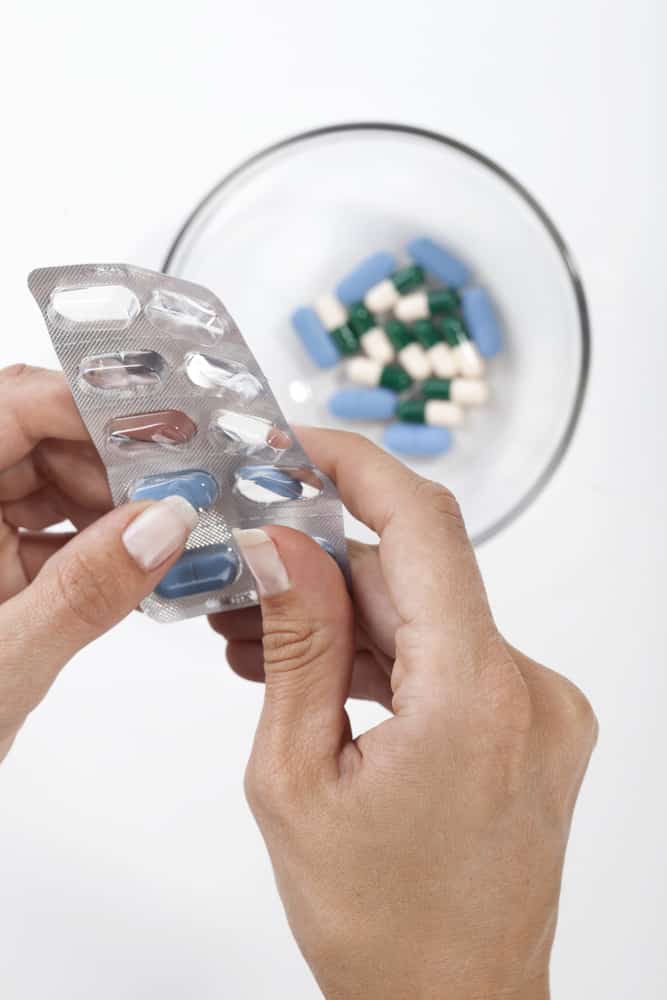In today’s society, “self-help” is frequently advertised as a preferential, fulfilling form of self-improvement. Budgeting the family budget without the assistance of a financial advisor would be considered economical self-help while exercising and healthy eating would be physical self-help, and so on. While these practices are commendable, there are areas where these DIY methods should not apply, specifically, overcoming substance addiction.
The American Society Addiction Medicine defines addiction as a primary, chronic disease of brain reward, motivation, memory, and related circuitry. Alzheimer’s, diabetes, and Parkinson’s are just a few examples of chronic diseases, none of which a patient is expected to self-treat. Addiction is no different. Risks associated with an individual acting independently to overcome addiction include ineffectiveness, relapse, and death.
This disease should not be treated without professional assistance and there are many benefits to receiving help from an addiction treatment facility that are unavailable to those who attempt to manage this disease on their own.

Benefits of Professional Addiction Treatment
Below are seven key benefits to seeking addiction treatment. By attempting to recover independently, an individual forgoes the supplemental help often necessary to obtain a successful recovery.
- New Environment
One of the elemental benefits of entering an addiction treatment program is the change in setting. A fundamental component of building new, healthy habits is to sever attachments to the familiar. Treatment facilities provide a safe environment, free from drug accessibility and temptation. According to the American Psychological Association, environmental factors play a large role in the development of addiction, as well as its continuation.
2. Therapy
Addiction specialists are skilled in utilizing a variety of therapeutic methods which not only address the addiction but target its source. Therapies such as individual therapy, group therapy, cognitive-behavioral therapy, and holistic therapy all work to deconstruct the client’s addiction by analyzing past trauma, while simultaneously reinforcing positive thought processes and decision-making skills.
3. Family Therapy
Turmoil within relationships can both trigger and reinforce dependence, therefore, family involvement is often crucial during treatment. Family therapy works to alleviate strained relationships and broken trust while concurrently educating loved ones on addiction. The National Institute on Drug Abuse states that family involvement has the potential to prevent relapses and increases the likelihood of successful recovery.
4. Support from peers
Addiction is an isolating disease, driving individuals to steer away from relationships for fear of judgment, guilt, and shame. An advantage of addiction treatment programs is the sense of community that is fostered among clients. Mutual support and accountability develop as those in treatment share their struggles with addiction and peers quickly become healthy support systems.
5. Structure
Professional addiction treatment provides the necessary structure for those seeking recovery. Schedules outlining therapy sessions, group activities, and free time allow treatment to be a fully-immersive experience free from distraction. Structure also cultivates healthy time-management skills and prepares the client for life after treatment.
6. Medical support
Due to the serious nature of addiction, medical support is crucial.The body sustains significant damage as a result of addiction and treatment facilities have trained professionals readily available to address physical ailments. Medical support is also imperative in treating co-occurring medical issues which commonly coincide with addiction.
7. Aftercare
It is statistically shown that relapse and overdose fatalities have a high probability of occurring once a client completes treatment. Because of this, it is highly recommended that clients participate in aftercare once graduating from a treatment program. Aftercare is an outpatient continuation of services that were provided during treatment. It provides continued support and resources while the client adapts to life after treatment.
Let Us Help
Recovery is defined by the Substance Abuse and Mental Health Services Administration as a process of change through which individuals improve their health and wellness, live a self-directed life, and strive to reach their full potential. Seeking professional addiction treatment can assist in this process.
There are many benefits to entering a treatment facility that are not available to those who decide to abstain on their own. Medical support, a supportive community of peers, and therapy sessions with experts in the field are just a few of the advantages of seeking help.
Addiction is a disease and should be treated as such. You do not have to struggle alone. Asheville Recovery Center can refer you or a loved one to one of many detox centers in Asheville, NC and begin planning a treatment strategy to fit your individual needs. Call Asheville Recovery Center today so that we can help you live the healthy life you deserve.







